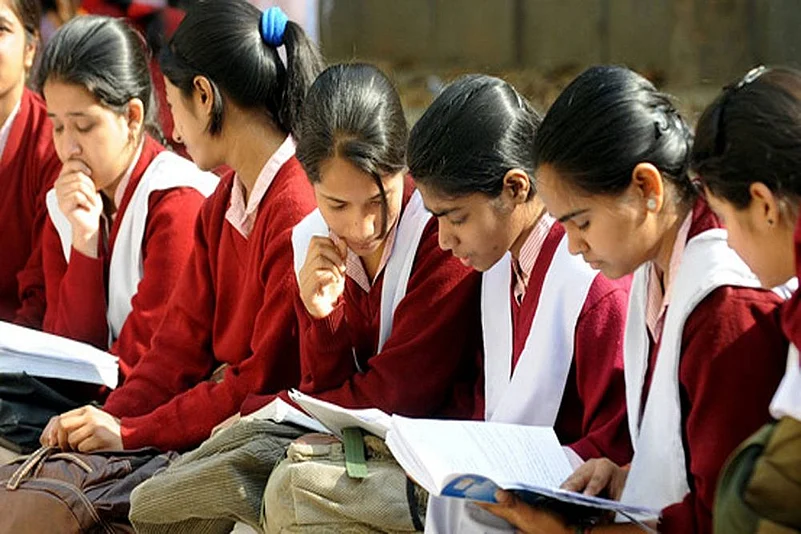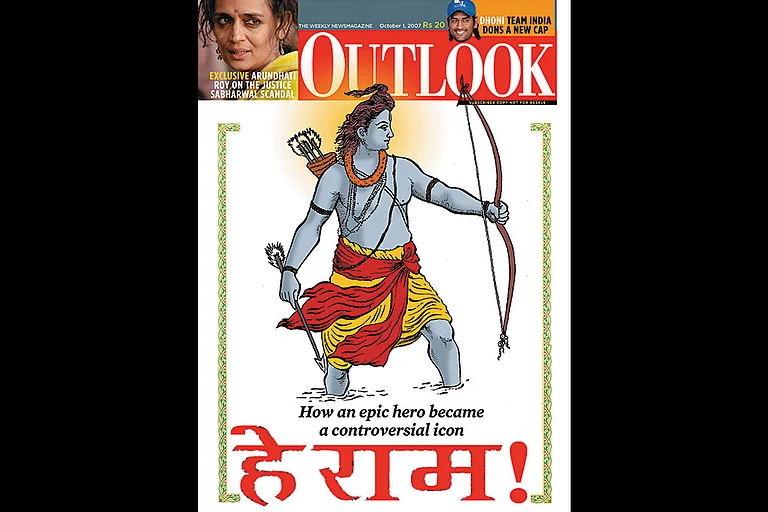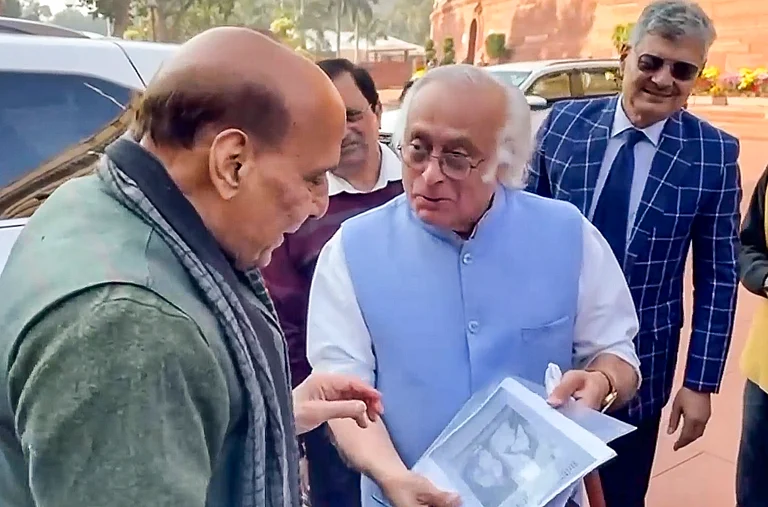The National Council for Educational Research and Training (NCERT) removed references to the Babri Masjid, Hindutva politics and the 2002 Gujarat riots from its political science textbook for Class 12 that will come into effect from this academic session.
These modifications were disclosed by the NCERT on its official website on Thursday. The changes, which will be introduced in the current academic year, are part of a larger trend of upgrading study materials on sensitive subjects.
In chapter 8, Recent Developments in Indian Politics, “What is the legacy of the Ram Janmabhoomi movement and the Ayodhya demolition for the nature of political mobilisation?” has been replaced with “What is the legacy of the Ram Janmabhoomi movement?”
Also Read | 'Ramaisation' Of Indian Politics
The NCERT justified these changes by stating that the content has been updated as per the latest development in politics.
“Text on Ayodhya issue has been thoroughly revised because of the latest changes brought by Supreme Court’s Constitutional bench verdict and its widespread welcoming reception,” NCERT has said on its website.
It has made public a few changes in the chapter in line with this justification.
In the old textbook (page 139), it stated: “A number of events culminated in the demolition of the disputed structure at Ayodhya (known as Babri Masjid) in December 1992. This event symbolised and triggered various changes in the politics of the country and intensified debates about the nature of Indian nationalism and secularism. These developments are associated with the rise of the BJP and the politics of ‘Hindutva’.”
In the revised edition, this passage has been updated to read,“… the centuries old legal and political dispute over the Ram Janmabhoomi Temple in Ayodhya started influencing the politics of India which gave birth to various political changes. The Ram Janmabhoomi Temple Movement, becoming the central issue, transformed the direction of the discourse on secularism and democracy. These changes culminated in the construction of the Ram Temple at Ayodhya following the decision of the constitutional bench of the Supreme Court (which was announced on November 9, 2019).”
This is the fourth round of revision and updating of NCERT textbooks since 2014. The first round, initiated in 2017, was described as a "review" rather than a revision, with the then NCERT director Hrushikesh Senapaty citing the need to update the textbooks to reflect recent events and changes.



























